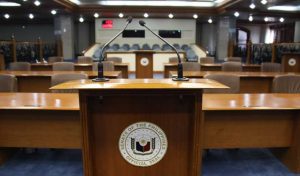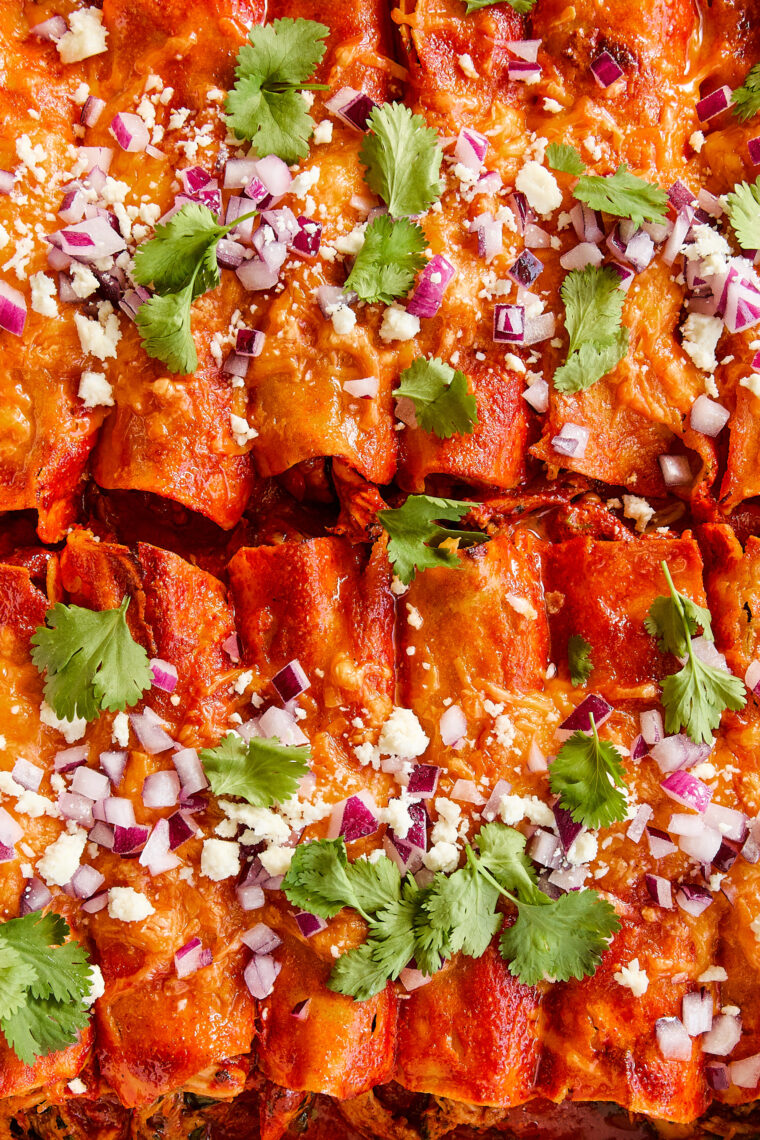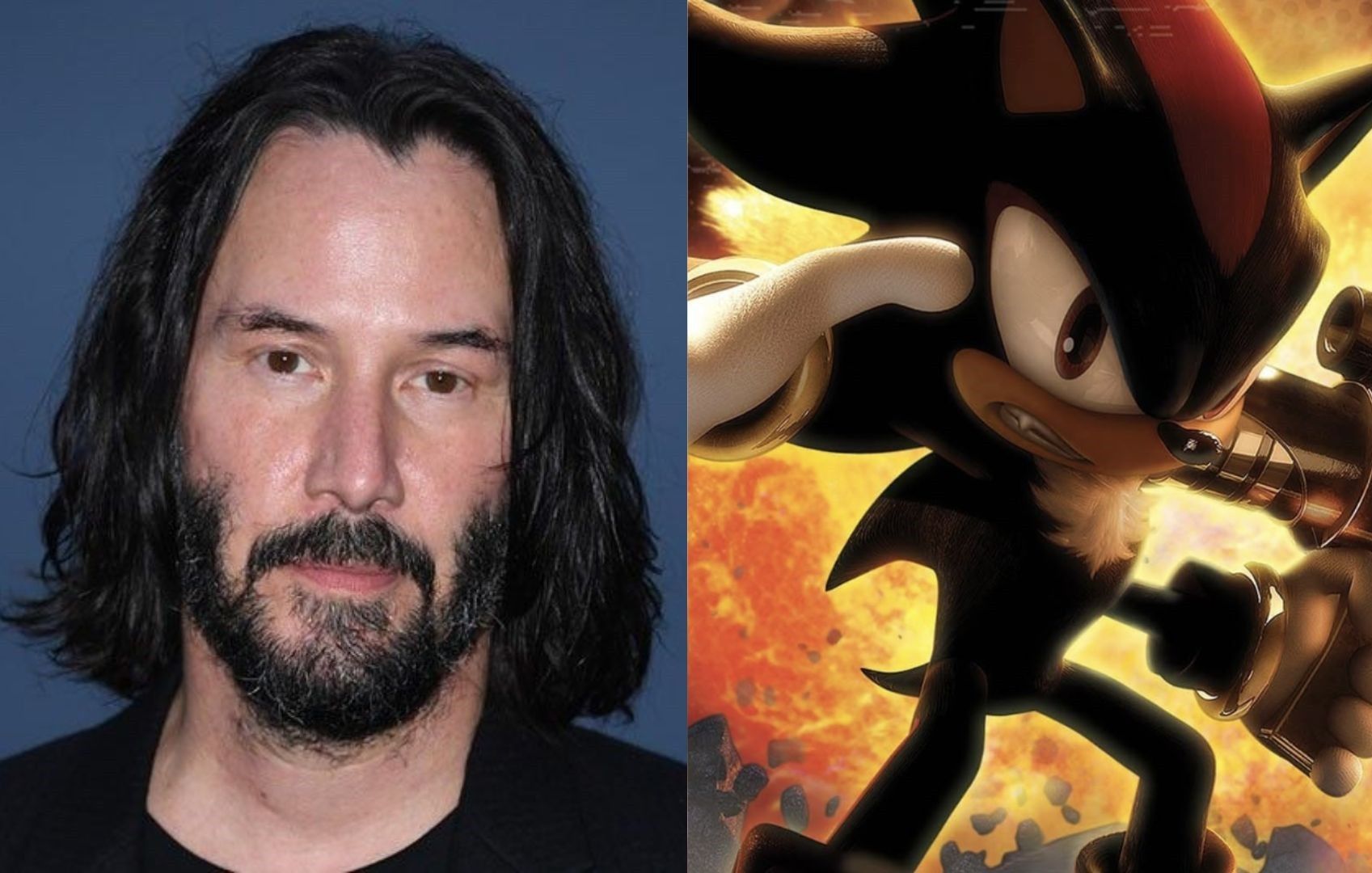Senate at a ‘new low’ as candidacy filing period ends
By Kyle Aristophere T. Atienza, Reporter THE FILING of candidacies for the 2025 midterm elections has shown that Philippine dynastic politicians have become more brazen decades after the restoration of formal democracy in 1986, with the Senate experiencing a “new low” as it’s dragged into sibling politics. “We have seen more and more dynasty members […]

By Kyle Aristophere T. Atienza, Reporter
THE FILING of candidacies for the 2025 midterm elections has shown that Philippine dynastic politicians have become more brazen decades after the restoration of formal democracy in 1986, with the Senate experiencing a “new low” as it’s dragged into sibling politics.
“We have seen more and more dynasty members filing their certificates of candidacy, as if they are entitled to it. They are more brazen than before,” Arjan P. Aguirre, who teaches political science at Ateneo de Manila University, said in a Facebook Messenger chat on Tuesday.
He said this year’s filing of candidacies has also shown that the party-list system is being hijacked by wealthy people, turning it into a “popularity contest for celebrities” and “a new enterprise for business people.”
The period for the filing of candidacy papers ended on Tuesday. As of Monday, 127 people were seeking a seat at the Senate, including two brothers of Senator Rafael “Raffy” T. Tulfo, a sister of Senator Alan Peter C. Cayetano, and the sister of Senator Mark A. Villar, whose term-limited mother is seeking a mayoralty post.
“In the Senate, we are witnessing a new low with the possibility of having three siblings in the 24-seat chamber, another family member replacing the term-limited mother, a sister who plans to stay with a brother, a sister replacing an outgoing sister, and a sister of the sitting president wanting to get re-elected,” Mr. Aguirre said.
“Should they win, we will have a total of nine senators who are siblings — three Tulfos, two Cayetanos, two Villars and two Ejercito-Estrada,” he explained. “They will join other members of the Senate who are also members of dynasties.”
DECLINING INDEPENDENCE
Since the Senate is increasingly becoming a hub for dynastic politicians, its level of independence is declining, said Hansley A. Juliano, who teaches political science at the Ateneo de Manila.
“It means there’s not much radical progress to be expected on policymaking, its level of independence is not always guaranteed,” he said via Messenger chat.
Mr. Juliano said at the national and local levels, many established dynasties are just being challenged and replaced by “either scions of dynasties and established families as well.”
In Batangas province, the seventh most vote-rich province in 2022, former lawmaker Vilma Santos-Recto, wife of Finance Secretary Ralph G. Recto, is running for the gubernatorial post with his son Luis, who is a television actor, as her running mate.
Her youngest son Ryan is running for representative of the province’s sixth district.
About 40 kilometers south of Batangas, a similar situation is seen: Incumbent Oriental Mindoro Govenor Humerlito “Bonz” Dolor is running for his last reelection with his brother, Provincial Administrator Hubert A. Dolor, as his running mate.
In Pampanga province north of the capital Manila, dynasty politics also thrives: Governor Dennis ‘Delta’ Pineda is seeking his last reelection with his mother, Vice Governor Nanay Baby Pineda, as his running mate.
In Davao City in southern Philippines, former president Rodrigo R. Duterte is running for mayor alongside his son, incumbent Mayor Sebastian “Baste” Z. Duterte.
The strongman politician’s oldest son, Davao Rep. Paolo Z. Duterte, seeks another reelection. All the while, her sister Vice-President Sara Z. Duterte-Carpio has refused to participate in House hearings amid questions on her office’s previous and proposed budgets.
“There’s not much new to say about the local polls especially since small or thin dynasties continue to be normalized and accepted — there seems to be zero barriers to whole nuclear political families becoming involved in the polls,” Mr. Juliano said.
“While there are definitely brazen families, we cannot really expect much when there’s no money or resources going around for potential opposition candidates.”
“If we want a serious shift in local elections, there really needs to be a conversation on serious and smart campaign financing for the opposition,” the academic said.
Meanwhile, De La Salle University political science professor Anthony Lawrence Borja said that while there are more old names trying to return to power, there are new entries from opposition groups including the senatoriables of left-leaning Koalisyong Makabayan.
“As of now, it appears that for the legislative race, it is more diverse or even polarized in terms of candidates’ backgrounds,” he said via Messenger chat.
“On one hand, we have new entries from the Makabayan bloc, other progressive candidates, and well-meaning celebrities,” he added. “On the other, we have a lot of old names trying to return to power, climb-up the greasy pole, or perpetuate their respective dynasties or factional blocs.”
Makabayan has already fielded 11 candidates for the Senate representing various sectors including fisherfolk, farmers, women, teachers, and the urban poor.
Two labor leaders under Partido Lakas ng Masa, another opposition group, are also seeking a Senate seat.
Meanwhile, opposition personalities Paolo Benigno “Bam” Aguirre Aquino IV and Francis Pancratius “Kiko” Nepomuceno Pangilinan are seeking to return to the Senate. Senator Ana Theresia “Risa” Hontiveros-Baraquel told One News’ The Big Story on Monday that she will campaign Mr. Aquino and Mr. Pangilinan and should they win, they would join the Senate minority.
The Senate minority is currently composed of Ms. Hontiveros and Senator Aquilino Martin de la Llana Pimentel III, who is running for congressman of Marikina City.
Mr. Borja said the civil society and the rest of the public need to “keep an eye” on the implementation of nuisance candidate provisions and developments in coalition-building efforts ahead of the elections.
Independent or non-aligned candidacies — genuine or not — may also thrive in next year’s elections, he said.
LAST DAY
Mr. Pangilinan filed his Certificate of Candidacy (CoC) to run for the Senate on the last day of registration on Tuesday. He ran as Vice President in 2022, but lost to Ms. Duterte. He aso previously served as a Senator from 2001 to 2013, and from 2016 to 2022.
A staunch advocate of agriculture, he said he aims to replicate his contribution under the second Aquino administration which brought down rice inflation to 8% from 15% within a year in 2014.
“I want to return again to solve the grievances of our countrymen,” he said in Filipino after filing his CoC at the Manila Hotel. “We are willing to put politics aside to help the government because hunger has no color.”
Also among those who filed for a senatorial seat is indicted televangelist Apollo C. Quiboloy, whose CoC was received by the Commission on Elections (Comelec) through an authorized representative.
The self-appointed son of God is facing charges of child abuse and human trafficking before the Davao City and Pasig City courts, respectively.
He is also facing several criminal charges in the United States, including conspiracy to engage in sex trafficking by force, fraud, and coercion; sex trafficking of children; sex trafficking by force, fraud, and coercion, conspiracy, and bulk cash smuggling.
Last month, he “surrendered” to the National Police after a weeks-long manhunt.
Meanwhile, former Manila City Mayor Francisco “Isko” M. Domagoso aims for a city hall comeback after failing to secure the presidential post in 2022.
As of writing, a total of 127 Senate hopefuls have registered and 137 as party-list representatives.
The Philippines will hold midterm elections next year. Filipinos will elect their congressmen, mayors, vice mayors, and members of city councils on May 12, 2025. Twelve of the 24-member Senate will also be replaced. — with Chloe Mari A. Hufana


















